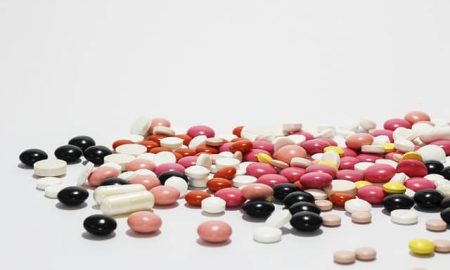
Blood tests can tell a lot about our health. Blood works can show whether certain organs are functioning well, whether you have certain diseases, and even the presence or levels of substances that can affect your body.
With everything that a blood test can do, it is a key laboratory test that is part of a standard health check.
A blood test can seem scary for those who haven’t tried it yet, but knowing more about what blood tests can do can help in addressing such fear. Here are some things that you need to know about blood testing:
-
There are lots of different types of blood tests
When you get a blood test, you won’t be tested for everything. It depends on what the doctor wants to find out, and is largely tied with symptoms you experience, or conditions that you have.
Among the most basic blood tests is a complete blood count or CBC, which measures the different parts of your blood such as your red blood cells, white blood cells, platelets, hemoglobin, and hematocrit. The levels of these parts of your blood can tell if you have an infection, nutritional deficiencies, blood and bone marrow problems, and even certain cancers.
Another common blood test is a basic metabolic panel or BMP which measures certain substances such as glucose, calcium, electrolytes, and even waste products. The level of these substances can say whether your kidneys are working well, or if you have underlying conditions such as diabetes, malnutrition, or other diseases. Additional substances such as alkaline phosphate, albumin, and bilirubin, among others, can also be tested as part of an expanded version of BMP called the complete (or comprehensive) metabolic panel or CMP.
There’s also a blood test called lipoprotein panel that seeks to measure cholesterol and triglyceride levels in the blood in order to assess one’s risk for cardiovascular diseases.
There are a lot of other blood tests that can detect other substances, hormones, viruses, and even how well your blood is able to clot.
-
There are different ways on how your blood will be taken
A fundamental process in blood tests is having your blood drawn. The amount of blood, and the process of how such a sample will be taken, depends on the type of test or tests that need to be done. There are four general ways on how blood sample is taken
- Venipuncture or getting blood taken from your veins through a needle;
- Finger prick or obtaining a small amount of blood from your finger;
- Arterial blood test or getting blood sample from your arteries (as opposed to veins), which is done for measuring oxygen levels; or
- Heel stick test or having blood taken from the heel using a needle, and is typically done for babies.
-
Some tests would require fasting
Intake of food and drinks can affect the level of substances in the blood. For this reason, some blood tests would require you to fast for a couple of hours before undergoing the test. Some of such tests include lipid panels and fasting blood sugar tests. The duration of fasting typically ranges between 8 and 12 hours prior to testing. Your doctor would inform you if your test would require fasting.
Blood tests are important as they can tell a lot about our health. Blood tests save us from doing more invasive tests right on the onset as our blood can already tell how certain organs are doing without actually inspecting the organs themselves. In addition, blood tests can help detect diseases, infections, and other conditions, and can tell whether treatments and other interventions are working.
Blood tests only work best when a doctor is able to relate the results with your medical history and other medical assessments. Visit your doctor regularly so you can be on top of your health all the time.


















Follow Us